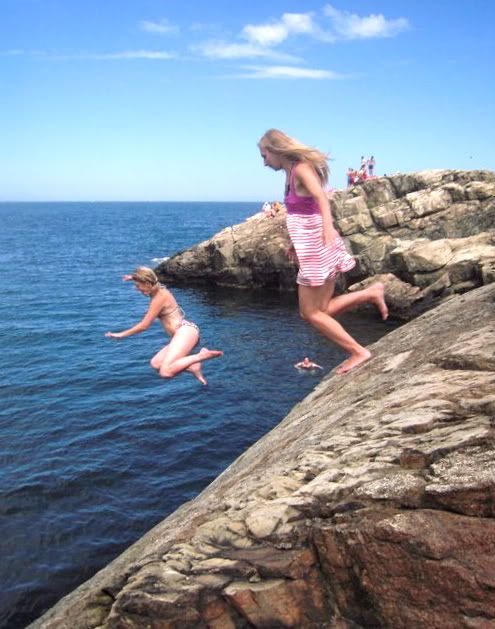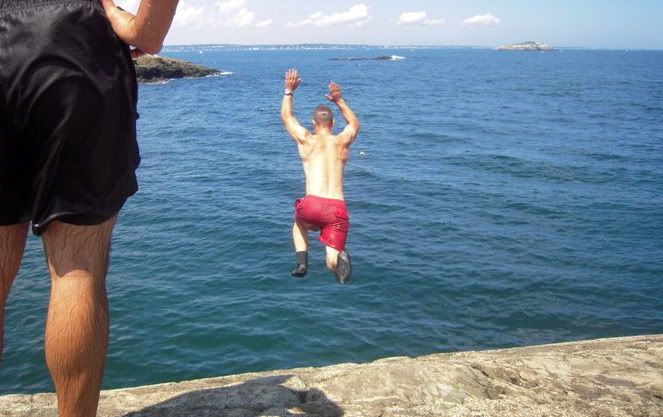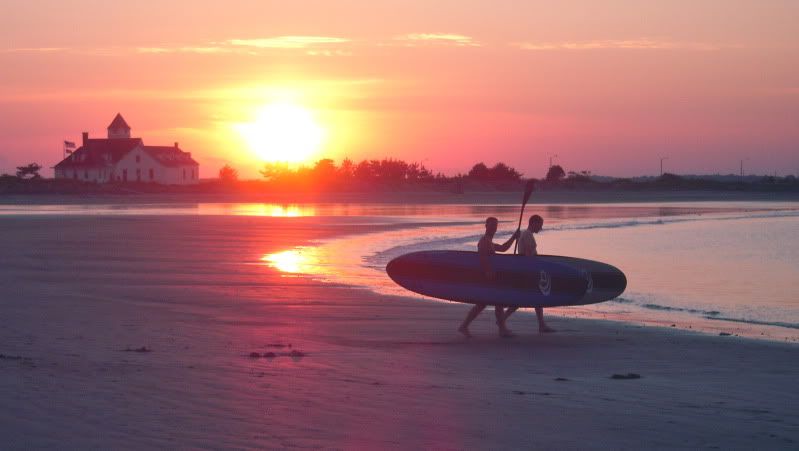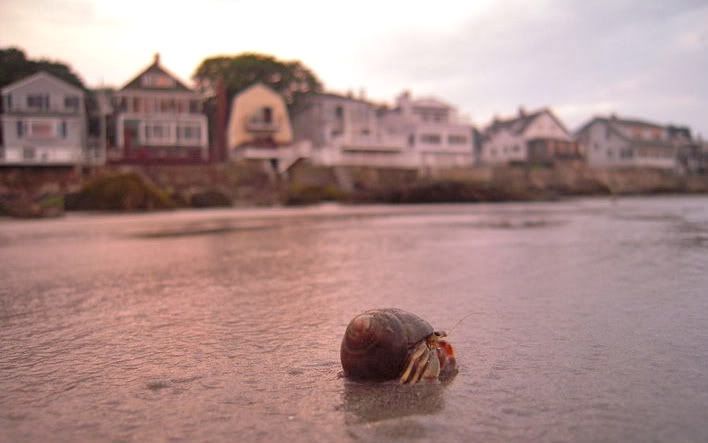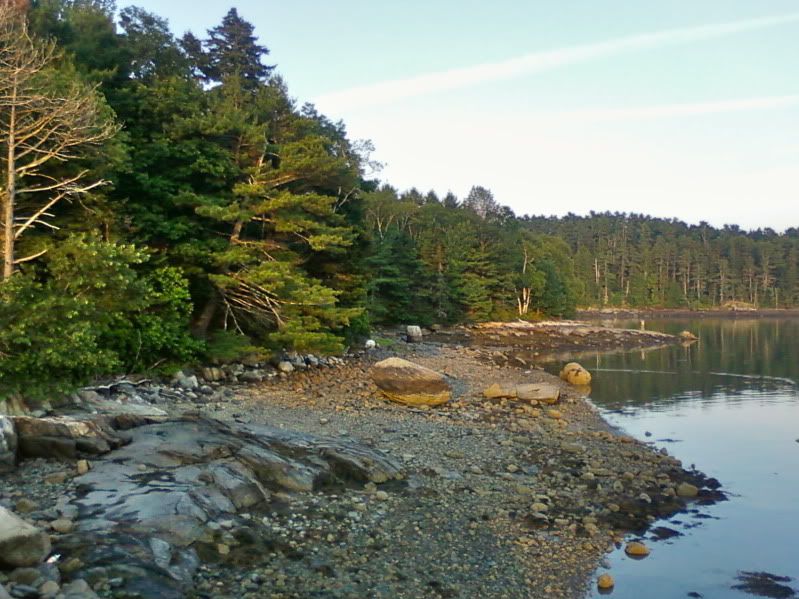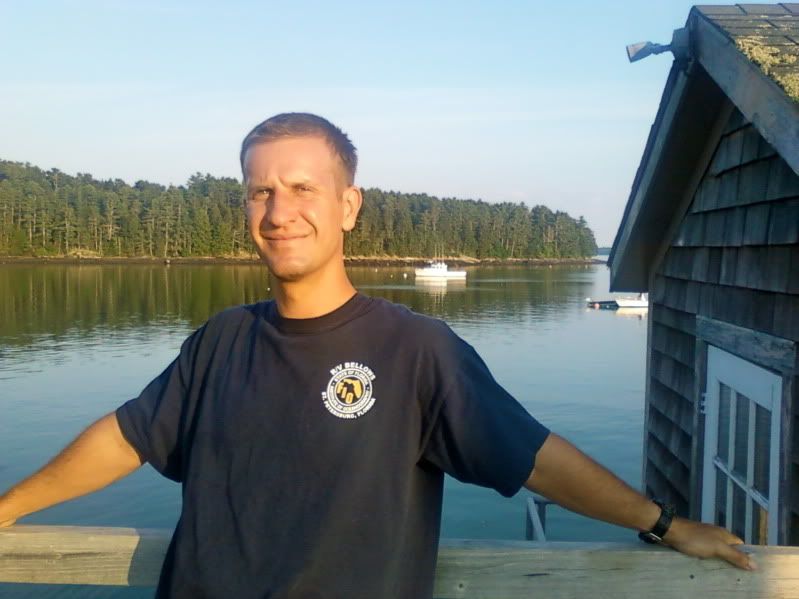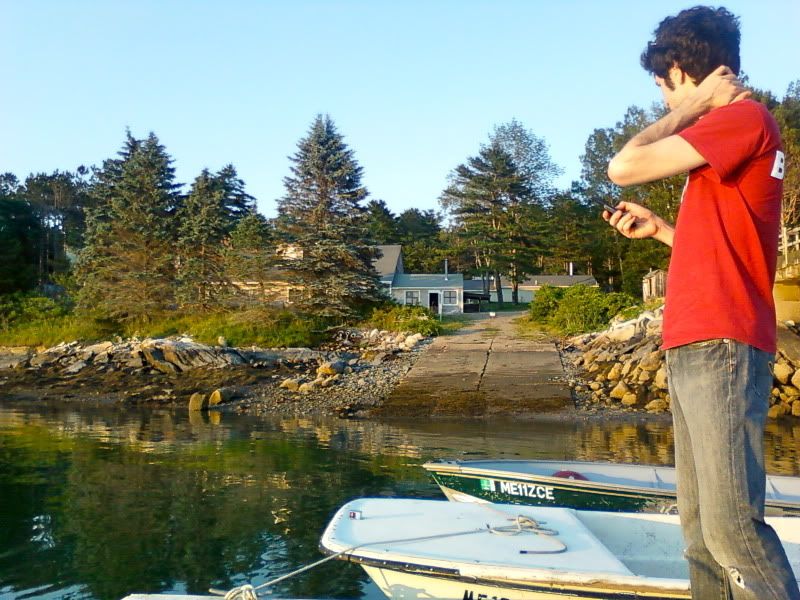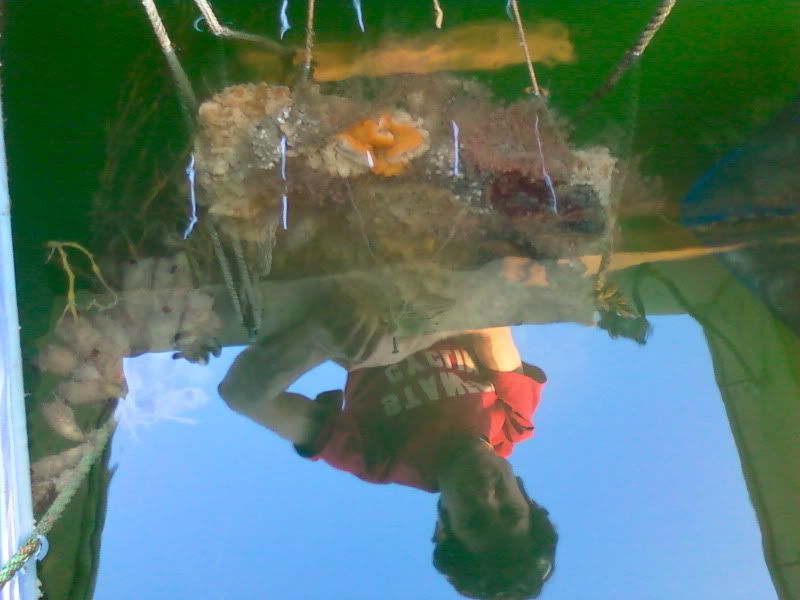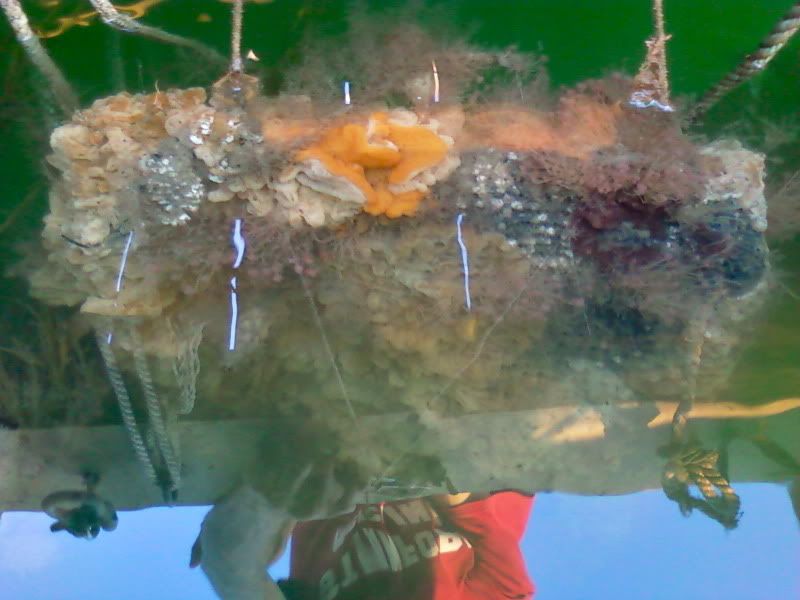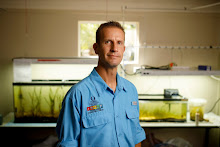Boston has had a nice stretch of Southern-style hot weather this week. It was hot enough in my un-air-conditioned bathroom to cause an aerosol can of shaving gel to spontaneously rupture, giving birth to a delightful, cologne-scented blue blob monster.
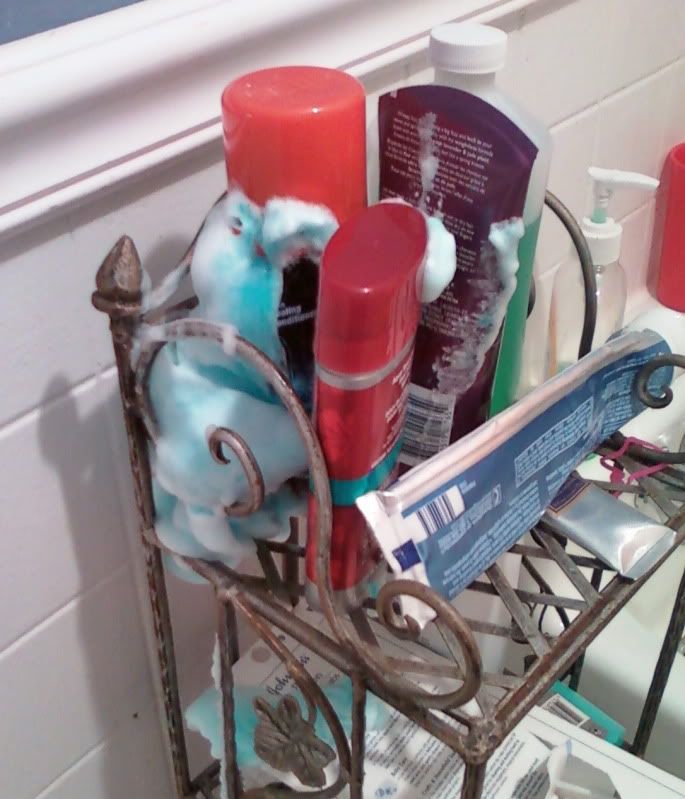
The warm weather was also perfect for the underwater fieldwork I had to do, too, snorkeling in an eelgrass bed on the West side of Nahant with several helpful colleagues. The eelgrass here is the same species (
Zostera marina) that I studied in graduate school in Virginia, but it's morphology and habitat are different. It lives in deeper water here in New England, and it grows taller with broader, beefier shoots.
The eelgrass experiment is part of my former PhD advisor J. Emmett Duffy's "ZEN" project. ZEN stands for "
Zostera Experimental Network". The ZEN experiment is a relatively simple manipulation of nutrient levels and herbivore abundance, but it's being replicated in the many different parts of the world that have eelgrass beds, in order to determine the relative importance of nutrient pollution versus food chain alteration on a global scale.
This is what the experiment site looks like from the shore.
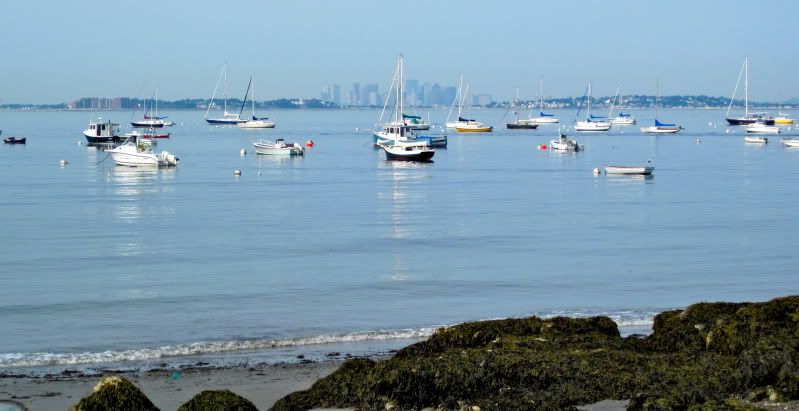
This is what it looks like underwater.
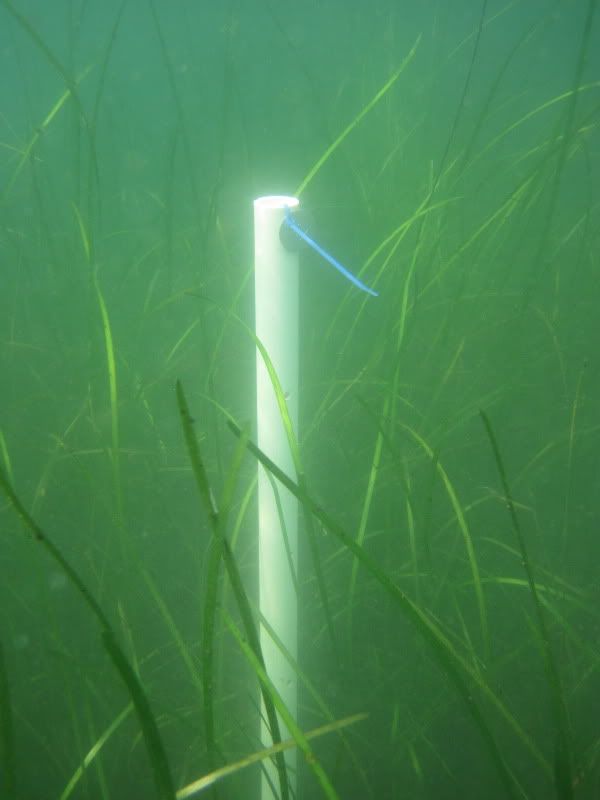
I used my Mistral Equipe longboard as a utliity raft to carry the PVC poles that we had to pound into the sand to mark the seagrass plots.
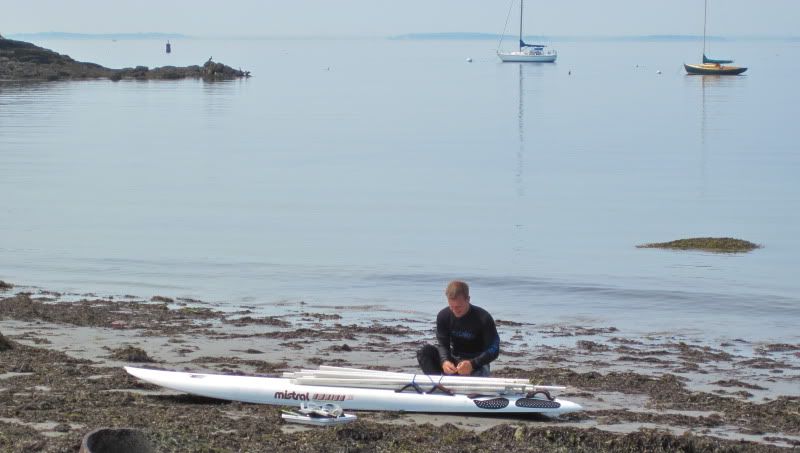
Among other aspects of the eelgrass bed that we examined, we swept a large dip net to assess the abundance of small fish and invertebrates.

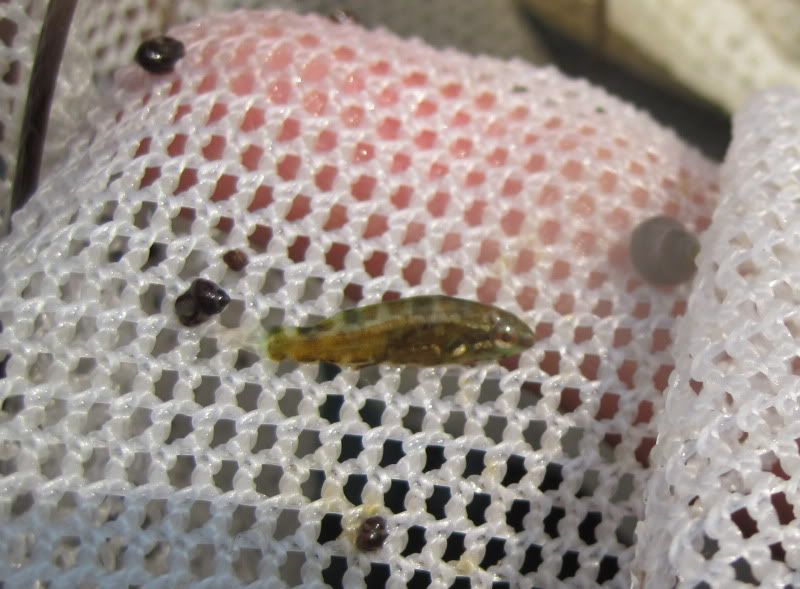
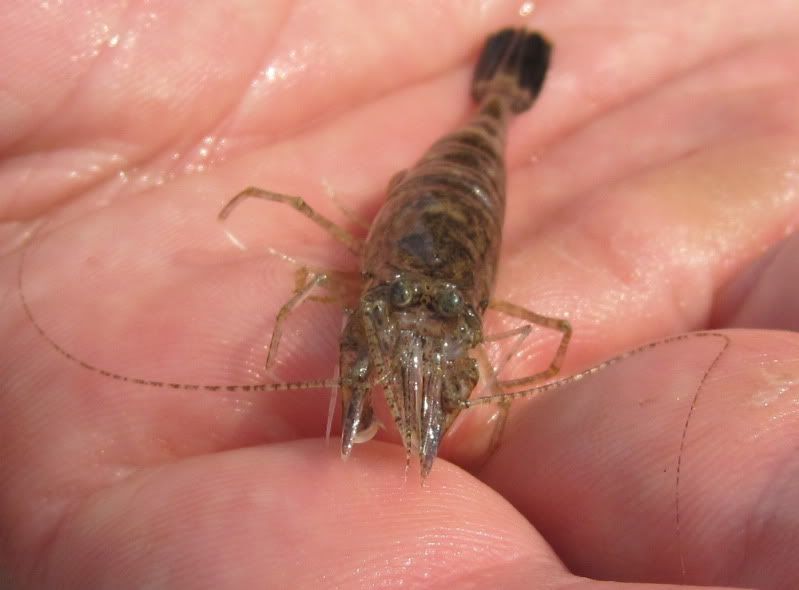
After work I've jumped on a few good windsurfing opportunities. Thursday there was enough breeze for me to demo Josh Angulo's 90 liter Quad-fin / Twin-fin "Victory" waveboard with my 5.5 sail. The waves that day were virtually nonexistent, but I could still tell that it was a sweet board.







